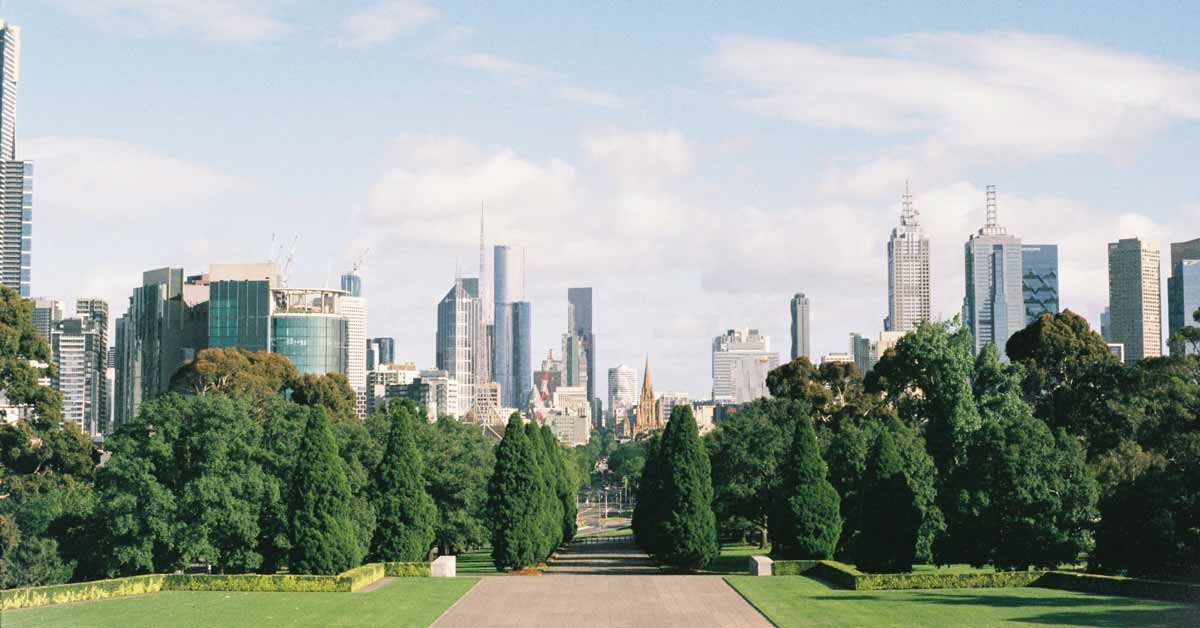When 8-year-old Zoeya Khan was tasked with engineering a project that brings a creative solution to the world, she designed something to help her neurodivergent peers.
As part of the Primary Engineer MacRobert Medal competition — which asks UK students: “If you were an engineer, what would you do?” — Khan developed a design for an invention called The Self Regulation Bracelet.

The Year 3 student studies at Bridgewater Primary School in Newcastle Upon Tyne and partnered with the University of Sunderland to bring her prototype to life for the competition.
The bracelet is designed to improve communication in classrooms for neurodivergent students — including young people who have conditions like autism, ADHD, dyslexia, and more.
Khan’s design looks like a simplified smartwatch, with a round white face that contains a button-activated system. That system then provides visual responses through colored lights, which can enable communication solutions between students, peers, and teachers.
While the lights may be a fun feature, they do indeed offer a discrete option for students to communicate in schools when they may otherwise face hurdles like language processing, verbal and non-verbal communication skills, understanding social cues, managing sensory sensitivities, and more.

Khan said she observed some of her peers struggling to express their emotions and wanted to create something that made this easier.
The wearable device allows an individual to signal their emotions using a color-coded system, manually selecting light and color settings to clearly communicate without drawing too much attention.
“The problems that the young engineers solve often relate to real-world ecological problems and ways we can look after our planet or help people overcome challenges in their day-to-day lives,” Dave Knapton, associate head of the School of Engineering at the University of Sunderland, said in a statement.
“The Self Regulation bracelet certainly fits into this category to help neurodivergent pupils and teachers communicate in the classroom,” Knapton added. “Zoeya has come up with a novel idea, it is always a highlight for the team to unveil the prototype and see the reaction from the inventor.”

Khan was awarded a Bronze Medal at the 2024 Primary Engineer MacRobert Medal competition, in which she competed against 71,000 other students from across the UK.
Each year, university and industry partners select an idea to turn into a working prototype, which was revealed to Khan for the first time at the award ceremony.
“Over 71,000 pupils took part in the competition this year, so to be able to celebrate so many in a region we have worked in for many years felt like a real triumph,” Scott Dalgleish, the head of marketing and communications at Primary Engineer, said.
“And the look on Zoeya’s face when the prototype was unveiled will not be forgotten soon.”
While this milestone is surely exciting for Khan as a budding engineer, her design also signals hope for her peers.
“The Self Regulation Bracelet was warmly received by teachers and staff, who saw its potential to transform communication in learning environments,” a competition program explains.
“While future versions might include more advanced features, the current prototype stands as a unique and meaningful step towards helping neurodivergent students express themselves with dignity and ease.”
Header image courtesy of Primary Engineer



